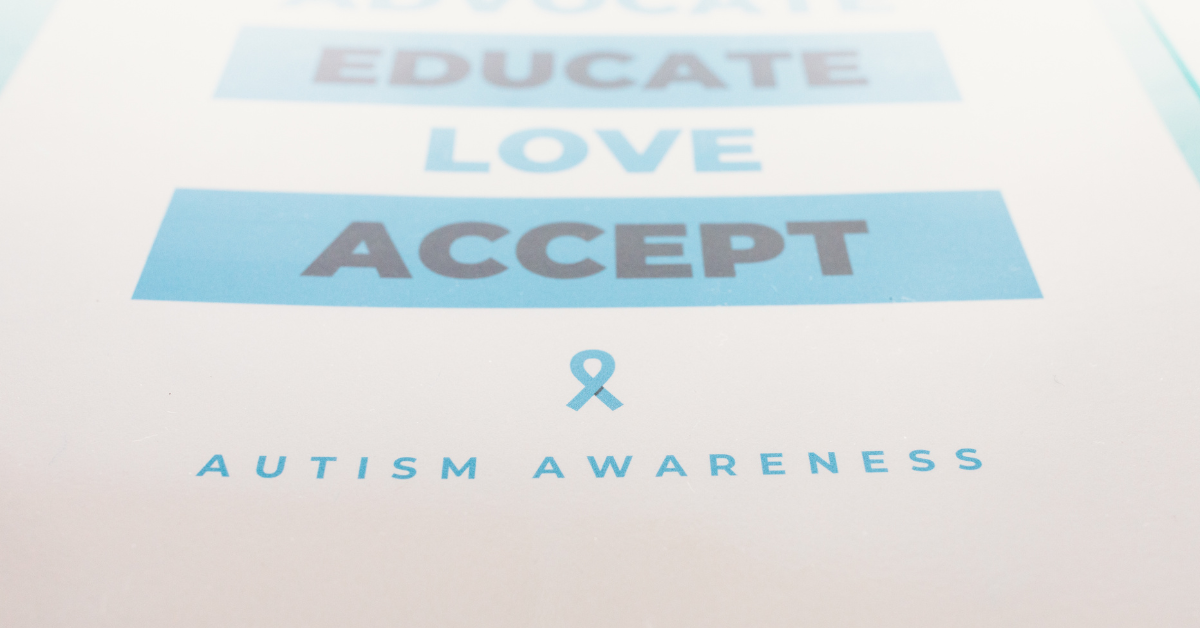 Have you ever had something said to you that was probably meant with good intentions but it was hurtful? Chances are this has happened at least once in your lifetime. As a mom with a child on the spectrum, I’ve had this happen more times than I care to admit. When people hear the word autism, something in their mind shifts in a negative direction. As if there’s a scarlet letter embroidered on me. This tends to make for challenging conversations. I often feel like questions or comments are made without realizing how they will be received. These situations can leave me feeling very low and sometimes very angry.
Have you ever had something said to you that was probably meant with good intentions but it was hurtful? Chances are this has happened at least once in your lifetime. As a mom with a child on the spectrum, I’ve had this happen more times than I care to admit. When people hear the word autism, something in their mind shifts in a negative direction. As if there’s a scarlet letter embroidered on me. This tends to make for challenging conversations. I often feel like questions or comments are made without realizing how they will be received. These situations can leave me feeling very low and sometimes very angry.
Here are some things I wish people wouldn’t say to me as an autism mom:
- “Have you heard anything about the lawsuit against Tylenol?”
- “You’d never know just by looking at him. He looks so normal.”
- “Did you get him vaccinated?”
- “He’s autistic, I’m sorry.”
- “What’s wrong with your child?”
- “I could never do what you do.”
- “He doesn’t understand what’s going on.”
- “He’ll grow out of it.”
- “My kid has meltdowns too, that’s normal.”
- “God doesn’t give us more than we can handle.”
- “I know exactly what you mean/are going through. My brother has a friend whose kid has autism.”
- “We’re all a little autistic.”
I strongly encourage everyone to speak to people whose families don’t look like their own. It’s how we all learn.
Here’s a good rule of thumb when approaching someone whose kid is on the spectrum. Before asking or saying something that is on the topic of autism, first ask yourself, “How would I feel if someone asked me/said this about my child?” It helps to put yourself in the other person’s shoes when thinking about how or what you might say next.
These are things I love to hear as an autism mom:
- “How is your son doing?’
- “How are you doing?”
- “Is there anything you need?
- “He’s so cute!”
- “How are his classes/programs going?”
- “Has he made any new progress that should be celebrated?”
- “I’m here if you want to talk.”
- “Can I ask you some questions about his form of autism? I’m interested in learning.”
- “What are some reliable resources I could use if I wanted to look up information myself?”
- “What is a typical day like for you and your family?”
You don’t have to walk on eggshells when you’re speaking to a mom whose kiddo is on the spectrum, but what is said and how it is said can make a big difference. Autism parents are always open to help educate those who are looking to gain more knowledge about this very wide-ranging disorder.
If you have any questions as to why some of these comments can be hurtful, please feel free to reach out to obtain more information and to have an open conversation.









